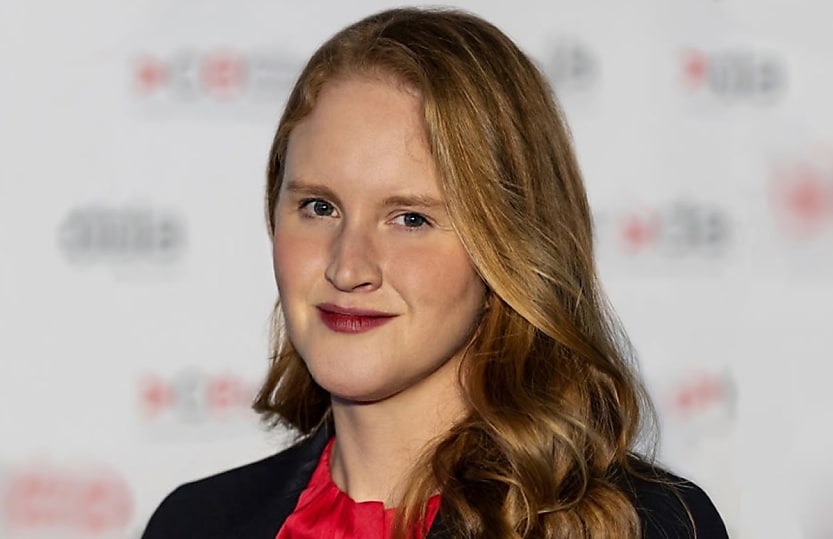Think tank calls for Australian tax reform amid falling global competitiveness

As Australia drops in international economic competitiveness rankings, a policy think tank has urged the government to streamline regulation and undertake tax reform.
Each year, the Swiss-based Institute for Management Development (IMD) publishes an international ranking of competitiveness based on countries’ economic performance, government efficiency, business efficiency and infrastructure.
In 2025, Australia dropped five places in this ranking, placing 18th out of 69. Poor productivity growth and weak entrepreneurship have dampened Australia’s economic competitiveness with global peers, the Committee for Economic Development of Australia (CEDA) has warned.
“This result shows Australian businesses and policymakers should focus on measures to strengthen the economy, in particular reviving our flagging productivity,” CEDA chief economist Cassandra Winzar said.
“Key to this is lifting weak productivity through measures such as streamlining regulation, encouraging business investment and undertaking broad-based tax reform.”
Australia’s weakening GDP per capita was a significant factor in its lower ranking, CEDA noted. Its placement dropped from 20th place to 60th place due to strong population growth and soft economic growth.
In comparison to its international peers, Australia stacked up poorly in terms of its tax competitiveness, ranking 59th and 58th for company and personal income tax rates, respectively, CEDA said.
Australia’s business efficiency, which captures productivity, management practices and the labour market, dropped from 22nd to 37th in 2025, highlighting ongoing issues with productivity growth.
Treasurer Jim Chalmers had declared productivity to be the defining economic challenge of Labor’s current term of government, as inflation has returned to the RBA’s target bands.
As part of this, the government has announced a productivity roundtable, which will aim to engage businesses and unions in generating solutions to Australia’s most pressing economic problem: its stagnant productivity.
“We hope the Albanese Government’s recently announced productivity roundtable yields tangible policy outcomes that can lift us out of this funk,” Winzar said.
“The uncertainty caused by US President Donald Trump’s trade war and growing international conflict only strengthens the need to tackle these challenges to help the economy weather these storms.”
Australia also performed poorly on the entrepreneurship metric, for which it ranked second last (68th place). In contrast, it scored first place in terms of its country credit rating, terms of trade and freely elected government.
As inflation fears fade, CEDA urged the government to focus on Australia’s longer-term economic challenges, such as productivity growth, to boost the country’s global competitiveness.
“With inflation looking to be under control in the short-term, we must now tackle the longer-term challenges holding back our economy,” Winzar said.
About the author

